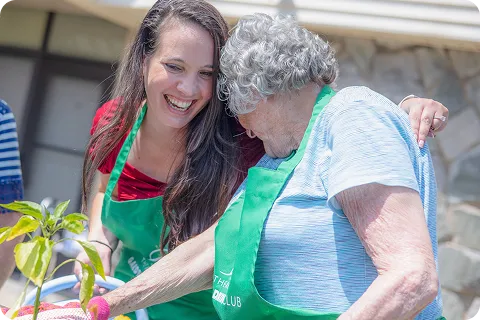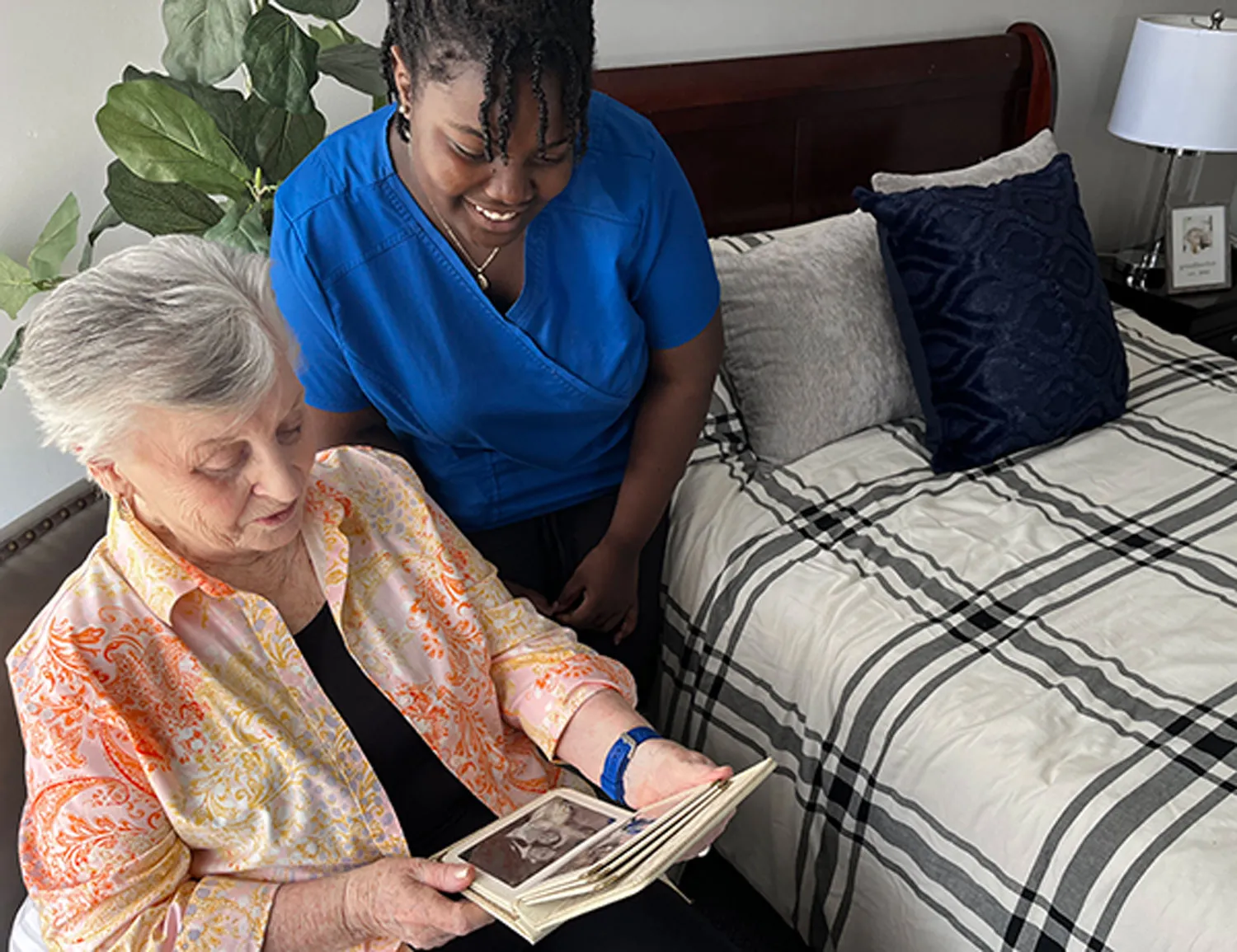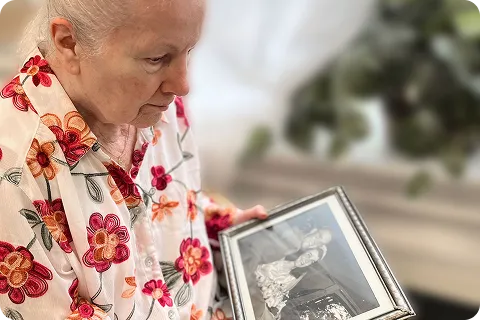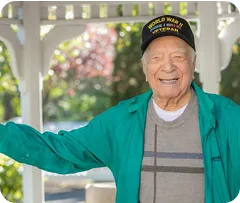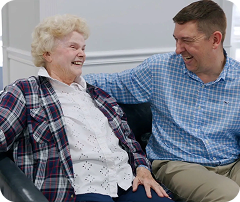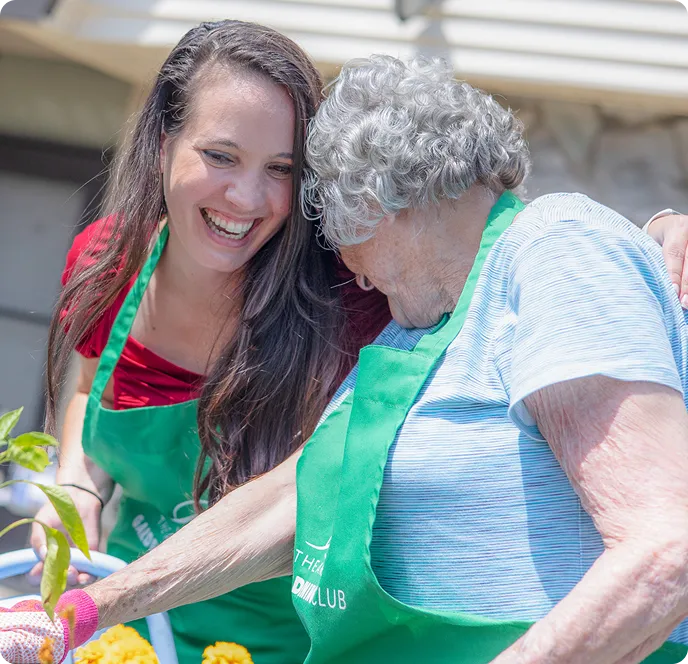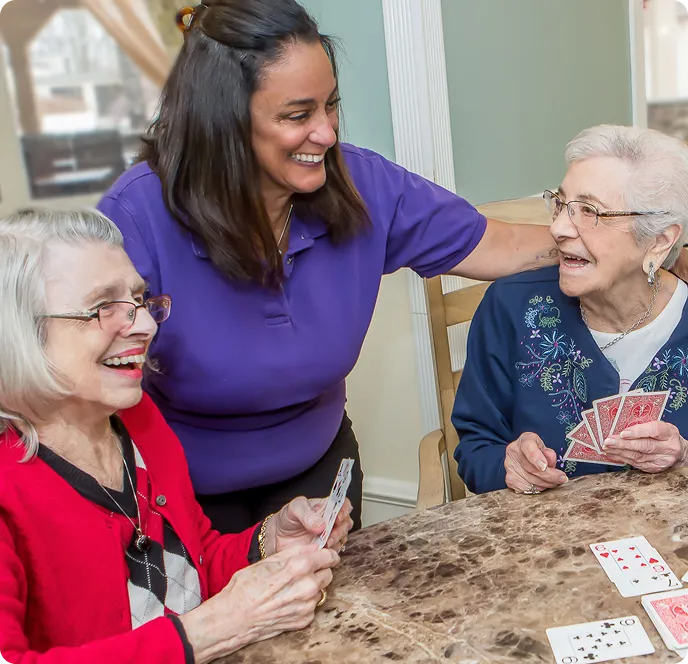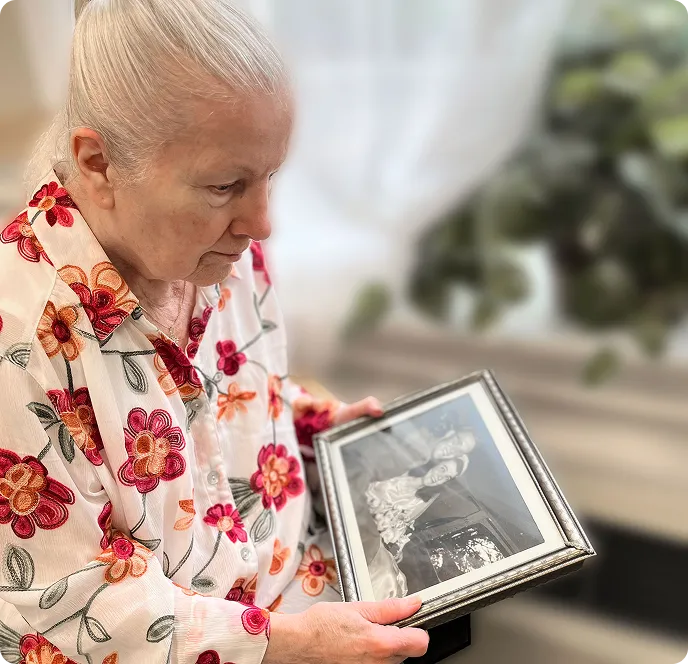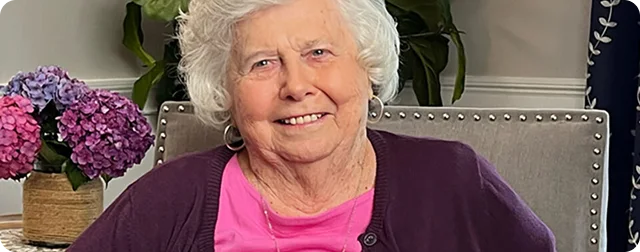(631) 778-7747
Tips for Navigating the Holidays with Dementia

Tips for Navigating the Holidays with Dementia
The holiday season is often hailed as a time of joy, family, and festivities. However, for seniors grappling with dementia, the Christmas season can bring about unique challenges and heightened stress levels. While many individuals eagerly anticipate the holidays, those with dementia may find the season overwhelming, leading to increased confusion, anxiety, and disorientation.
1. Disruption of Routine
Seniors with dementia often thrive on routine and familiarity, providing a sense of stability in their daily lives. The holiday season, marked by changes in decorations, schedules, and social interactions, disrupts these established routines. This disruption can be disorienting and confusing, contributing to heightened stress levels among seniors with dementia.
Hint: Put up limited decorations and do so gradually.
2. Increased Social Demands
Christmas is a time for gatherings and social interactions, but for seniors with dementia, increased social demands can become a source of stress. Large family gatherings, festive parties, and other social events may be overwhelming, causing seniors to feel anxious and uncomfortable in unfamiliar settings with a multitude of people.
Hint: Ask family and friends to spread out their visits over the festive period. If things do get busy, designate one room or space in the home a ‘quiet area’ where your loved one can relax without loud noise.
3. Sensory Overload
The holiday season is characterized by various sensory stimuli, including bright lights, loud music, and strong fragrances. Seniors with dementia may have heightened sensitivities to these stimuli, leading to sensory overload. This can result in increased agitation, confusion, and discomfort during what is supposed to be a joyful time.
Hint: Limit the amount of gifts, maybe do without the wrapping paper.
4. Struggles with Memory
Dementia often affects memory, and the Christmas season, filled with nostalgic traditions and memories, can accentuate these struggles. Seniors may experience difficulty recalling names, faces, or even the significance of certain traditions, leading to frustration and a sense of isolation.
Hint: Making a family photo album or memory box could be a nice way to spend time together.
5. Gift-Giving Challenges
Choosing and exchanging gifts is a cherished aspect of the holiday season, but seniors with dementia may find this tradition challenging. Memory impairments can make it difficult for them to remember the preferences and interests of loved ones, leading to stress and anxiety about selecting appropriate gifts.
Hint: Maybe you need to do away with gift-giving, or limit it. Some ideas for them: Puzzles,Aromatherapy and scented products, Arts and crafts supplies, Weighted blanket, Cozy clothes.
6. Caregiver Strain
For caregivers of seniors with dementia, the holiday season can bring added stress as they navigate the challenges their loved ones face. Balancing festive preparations, family expectations, and the unique needs of a senior with dementia can be overwhelming, contributing to caregiver burnout.
Hint: It’s also important to be able to ask for help if you have dementia or care for someone who does. Knowing your limits can help reduce stress. Family, friends, and even paid professionals like home health aides can help with cooking, shopping, and cleaning. They can also support the caregiver by staying with the person living with dementia while the caregiver does what they need to do to take care of their self.
While the holiday season is meant to be a time of joy and togetherness, it’s important to recognize and address the unique challenges that seniors with dementia may face. Creating a dementia-friendly holiday environment involves understanding their needs, maintaining familiar routines, and minimizing sensory overload. By approaching the season with sensitivity and empathy, we can ensure that seniors with dementia experience a more comfortable and meaningful Christmas surrounded by the love and support of their families and caregivers.
Recent News
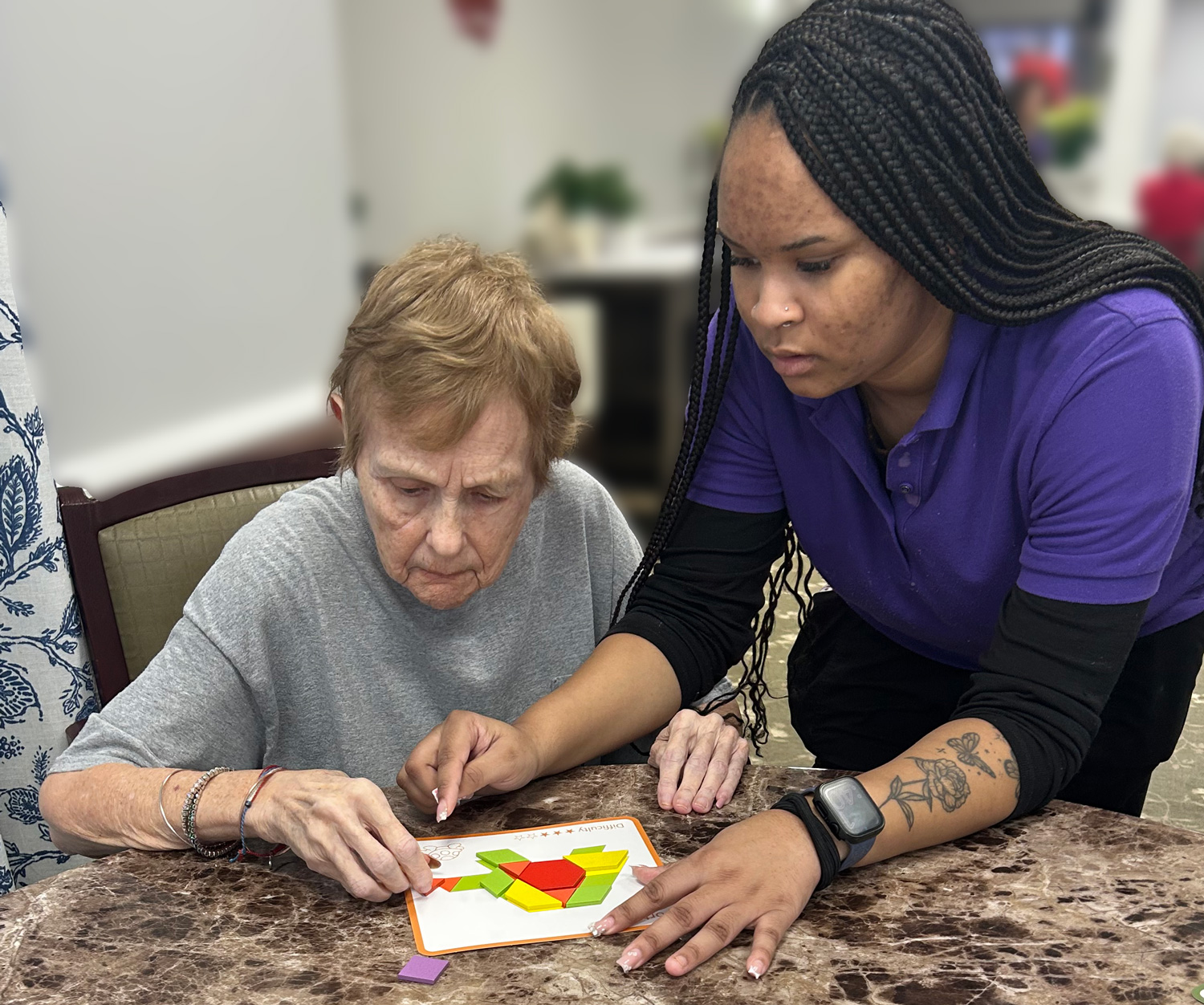
The Power of Touch
February 9, 2026

Winter Readiness for Caregivers: Do You Have a Plan?
January 6, 2026

Important Topics to Discuss With Local Assisted Living Centers
November 10, 2025

When It’s Time: Helping Your Parents Accept the Need for Assisted Living
October 15, 2025

How to Encourage an Aging Parent to Shower When They Refuse
July 2, 2025

How Do I Pay for Assisted Living
June 6, 2025

3 Signs You Should Consider Assisted Living
May 15, 2025
GET IN TOUCH
Let’s Talk About Making The Arbors Your Home
REQUEST A VISIT
Schedule a Tour of our Long Island Assisted Living Communities


